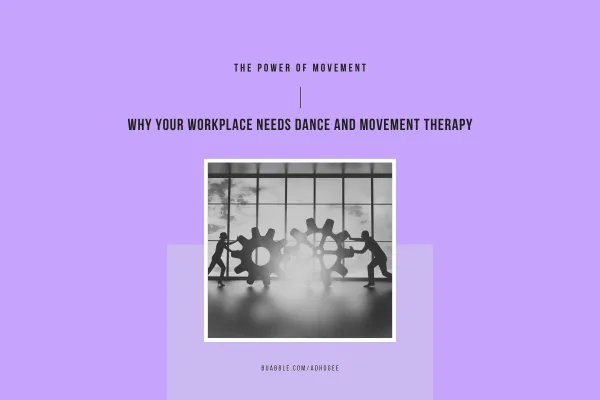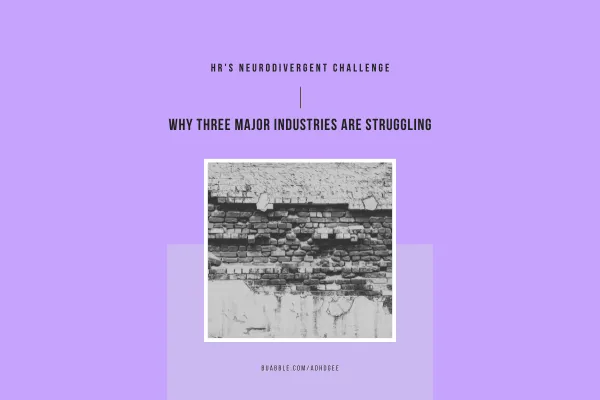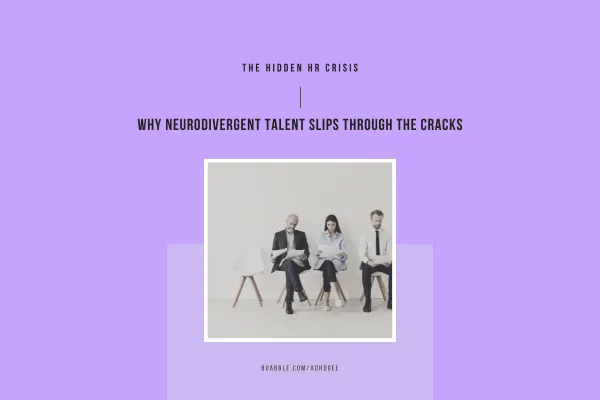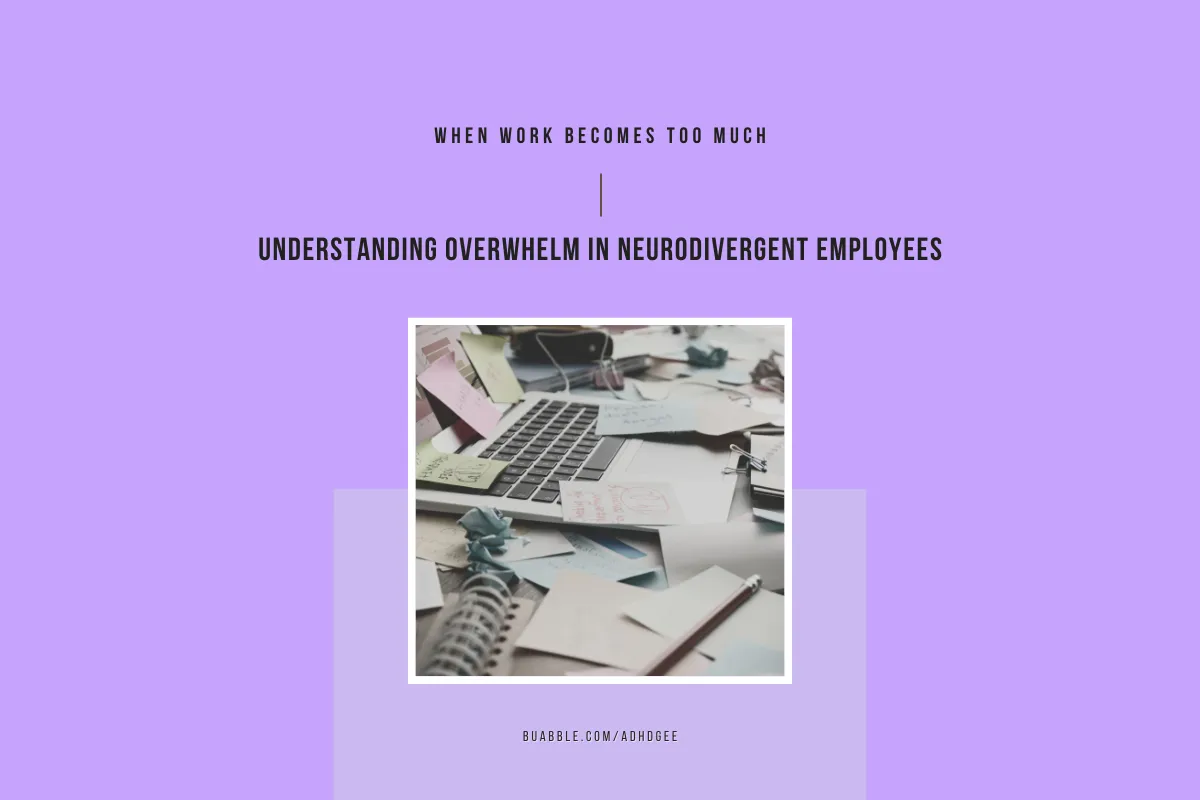The Power of Movement: Why Your Workplace Needs Dance and Movement Therapy
You’ve seen this: It's 3 PM on a Wednesday, and half your team is staring blankly at their screens, fighting the post-lunch energy crash. Sound familiar? What if I told you that 20-30 minutes of guided movement could transform that sluggish afternoon into a burst of creative problem-solving and genuine team connection? That's exactly what's happening in forward-thinking companies worldwide, thanks to an innovative approach that's reshaping workplace wellness: dance and movement workshops for employee groups.




